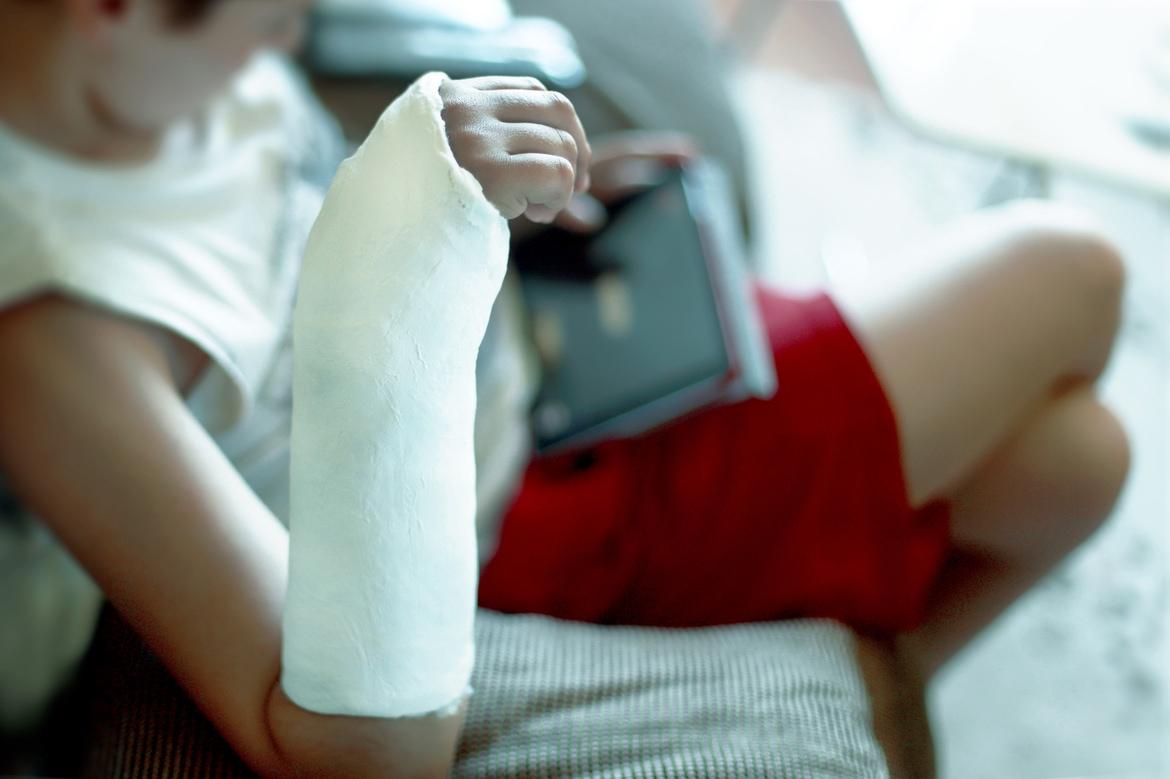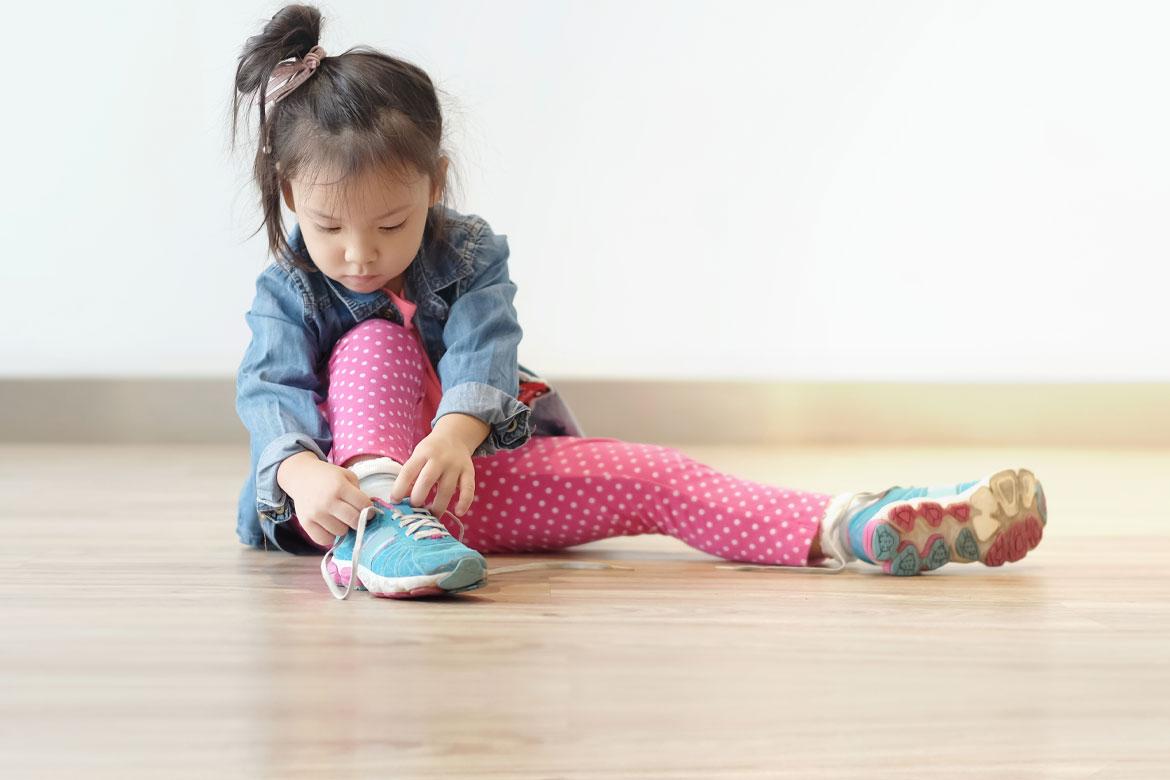
Developmental Dysplasia of the Hip (Hip Dysplasia)
What is hip dysplasia?
Developmental dysplasia of the hip (DDH), also known as hip dysplasia or congenital hip dislocation (CHD), is a developmental condition where a child is born with an unstable hip. It is an abnormal formation of the hip joint that occurs in the early stages of foetal development.
Hip dysplasia refers to insufficient coverage of the acetabulum (socket) over the femoral head (ball). This is a spectrum of disease:
- When severe, it can manifest in childhood as a congenital hip dislocation
- When mild, it can present only in adulthood with labral tears and cartilage damage, and lead to hip osteoarthritis
Most people with hip dysplasia are born with the condition.
What are the symptoms of hip dysplasia?
Signs and symptoms vary by age group.
In infants and children, you may notice:
- One leg is longer than the other
- Development of a limp once the child begins walking
- One hip may be less flexible than the other when you change the diaper
Newborns are routinely screened for hip dysplasia. Hence, the condition is usually picked up by the neonatologist, and the newborn is referred for treatment thereafter.
In adults, hip dysplasia symptoms typically include anterior groin and lateral hip pain, painful clicks or a painful limp. This can be due to a hip labral tear, cartilage damage or osteoarthritis arising from hip dysplasia.
There may also be no symptoms of congenital hip dysplasia, which is why your child’s doctor will routinely test for the condition.
Other symptoms to look out for include:
- Legs that turn outward or appear to be of different lengths
- Limited range of motion
- Uneven folds on their legs and buttocks when their legs extend
- Delayed gross motor development, which affects how your child sits, crawls, and walks
What causes hip dysplasia?
Right before birth, the womb can become so crowded that it can cause the ball of a baby's hip joint to move out of its proper position. As newborn's hip joint is made up of soft cartilage which hardens into bone after birth, if the ball of the bone does not fit well together with the hip socket, the socket will not form fully around the ball. This results in a shallower socket and an unstable hip.
Factors that may affect the amount of space in the womb include:
- Breech presentation
- First pregnancy
- Large baby
- Restriction in the uterus, when the space within the womb becomes crowded
What are the risk factors for hip dysplasia?
Contributing factors include:
- Low levels of amniotic fluid in the womb
- Breech presentation, when the baby is born hips first
- A family history of the condition as CHD tends to run in families and is more common in girls
- Babies who are swaddled tightly with straightened hips and knees
What are the complications and related diseases of hip dysplasia?
In a condition known as hip labral tear, hip dysplasia can result in damage to the soft cartilage (labrum) of the hip socket later in life.
Over time, higher contact pressures over the socket surface wear away the smooth cartilage that helps the bones glide over each other. As a result, osteoarthritis is more likely to develop in the joint.
How do you prevent hip dysplasia?
Hip dysplasia cannot be prevented, which is why it is important to bring your child to regular check-ups so your doctor can identify and treat the condition as soon as possible.
You may want to verify that your doctor has examined your newborn for signs of hip dislocation before you leave the hospital following delivery.
This page has been reviewed by our medical content reviewers.
Need help?
For enquiries, please call
+65 6250 0000 (Orchard) or +65 6898 6898 (Novena)
For appointment bookings, please WhatsApp
+65 8111 7777 (Orchard) or +65 8111 5777 (Novena)
 Brain & Spine Care
Brain & Spine Care







